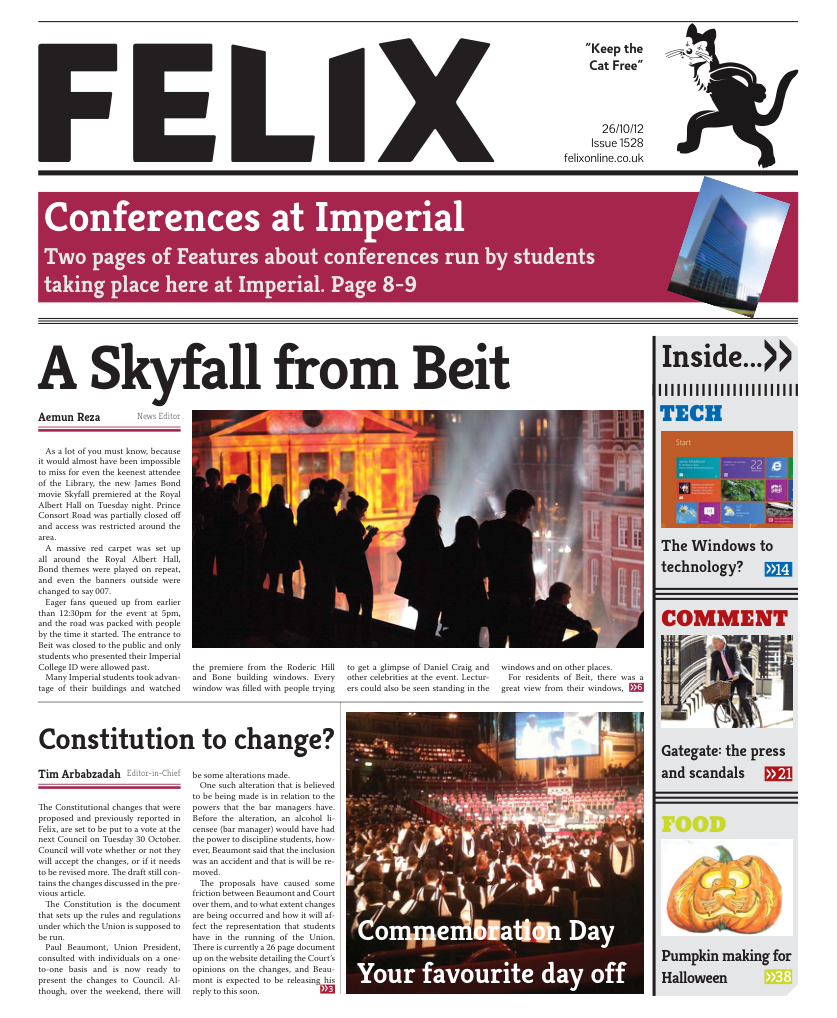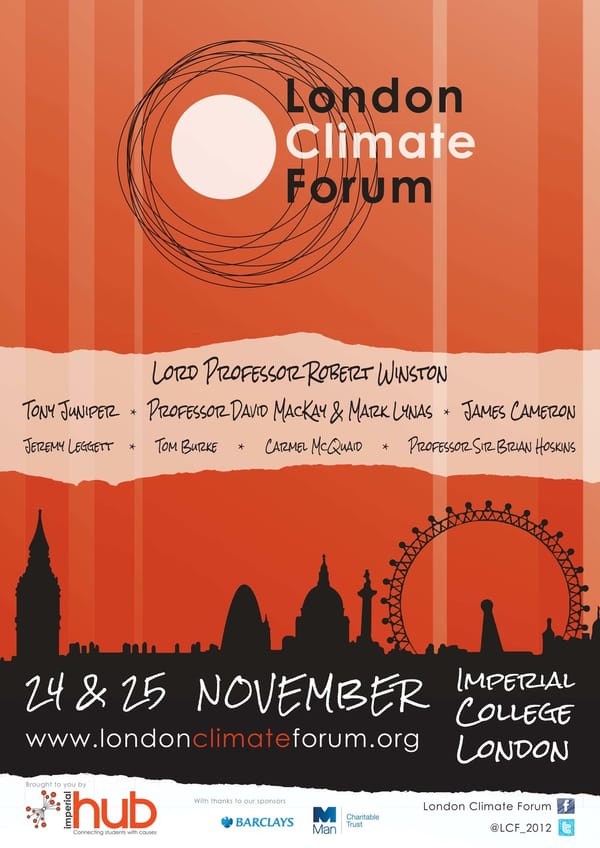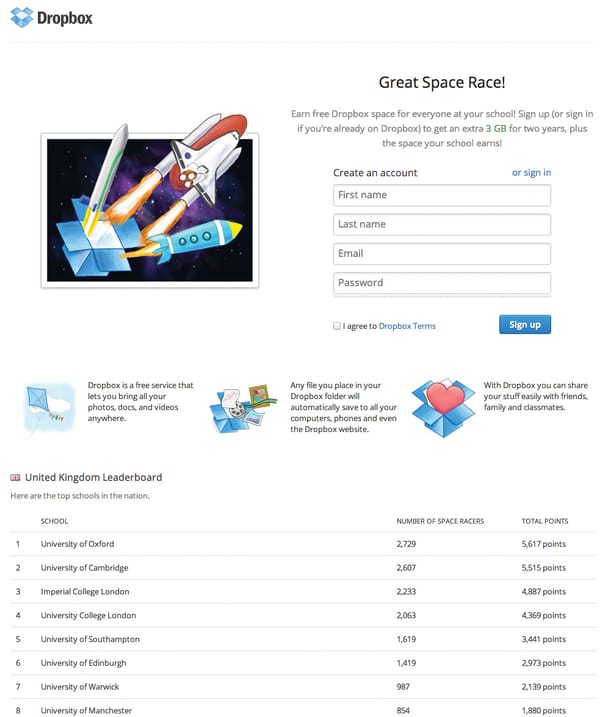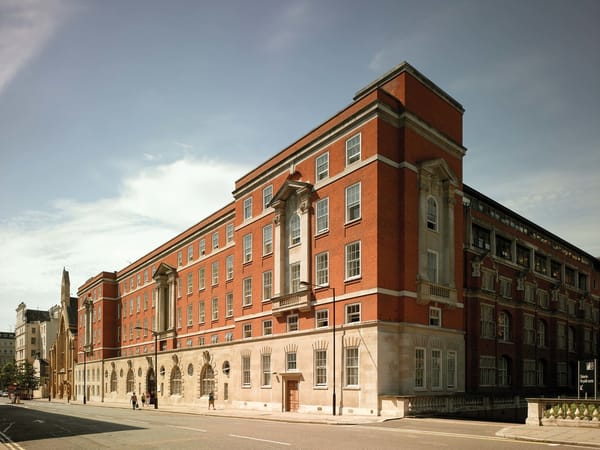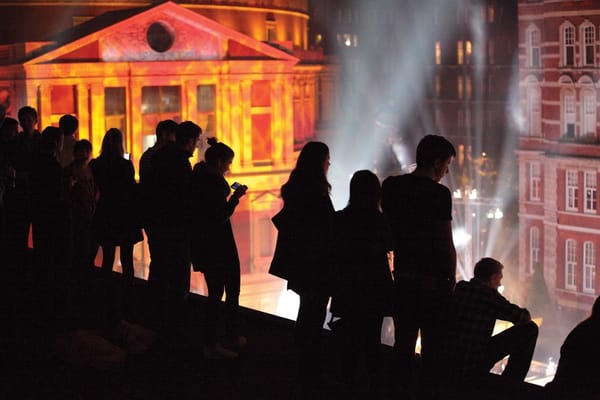LIMUN comes to Imperial
Franca Hoffmann discusses politicians-to-be coming to campus
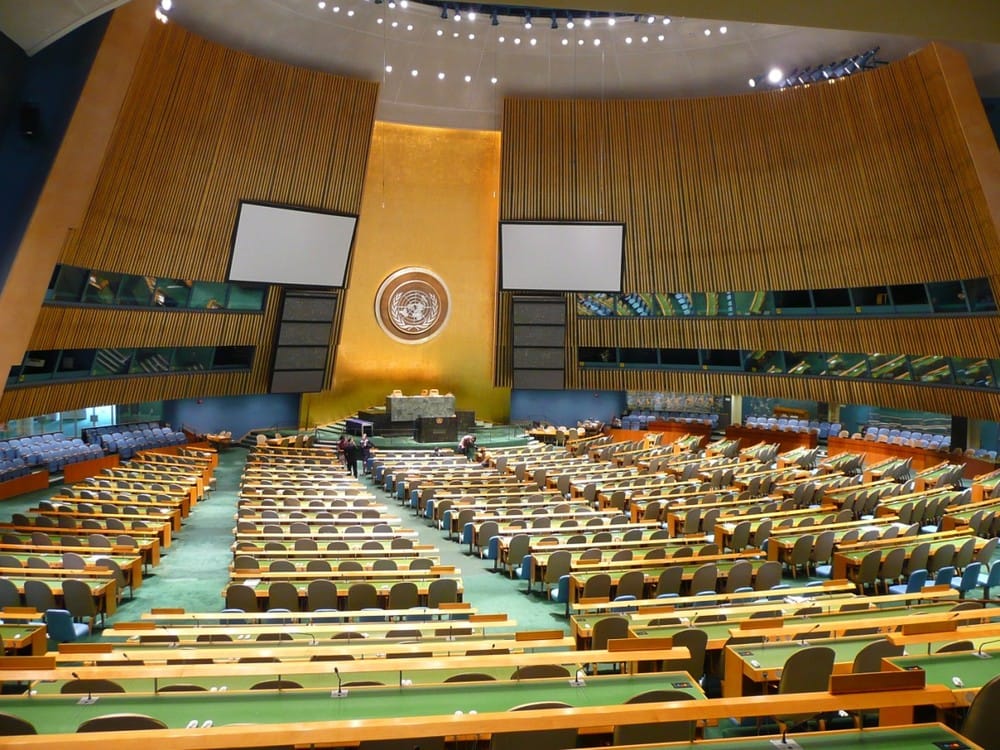
From 15 – 17th February 2013, you will see numerous important looking people in black suits and formal dresses run around our campus. And you may wonder what it could be causing this invasion of foreigners. Let me give you some insight into the big things happening at Imperial.
One of the biggest Model United Nations (MUN) conferences will be hosted at Imperial College in February 2013. For three days, delegates from universities from all around the UK and abroad will debate pressing international issues on the UN agenda, representing their “home country”, which they may have never lived in, but whose politics they have extensively researched during the last weeks. So what exactly is MUN? It is a gathering of some of the best and brightest debaters, speakers and inspirational figures in the global student community who swap identity for 3 days taking on the role of national representatives to the UN. It is astonishing how realistic these simulated UN conferences often turn out to be, portraying the complexities of international policy formation. After an MUN weekend full of drafting resolutions, sending secret notes to the collaborators you managed to convince the night before in the hotel lounge to join your policy just before going for the International Party Night, lengthy voting procedures, little sleep (due to drafting papers or dazzling parties?) and making new lifelong friendships with people from all around the world, you feel more than overwhelmed. If you have done it once, you want to do it again. How United Nations Secretary-General Ban Ki-Moon puts it, MUN is an “exercise that gives you a full taste of the complexity of international relations – the intricacies of negotiating among diverse peoples and perspectives, the challenges of achieving consensus, the patience required to win progress”.
Like is the case with so many other social phenomena, Model United Nations started growing exponentially the moment it attracted the student community. With more than 1500 delegates, 25 committees negotiating in 3 different languages, the London International Model United Nations Conference (LIMUN) 2013 has grown into the biggest university level MUN conference in Europe. The official launch of LIMUN 2013, held on Thursday, Oct 18th at HULT International Business School, was attended by representatives of several higher education institutions in London, the British UN Association as well as various MUN societies from around the UK and abroad. The presentation of the LIMUN 2013 secretariat was followed by a food and drink reception, with the beer sponsored by the Embassies of Dominican Republic, Trinidad and Tobago.
Amanda Sun, Under-Secretary-General for Logistics, heading a team of volunteers to organise the necessary provisions for the conference, explains what is special about LIMUN 2013:
“This year the topic of the conference will be the Millennium Development Goals. We want to bring a focus to what we as a conference are trying to raise awareness on, and the MDGs address the most pressing issues facing our world today.” These are undoubtedly big problems that politicians and governments around the world worry about, but what does Imperial has to do with MUN?
Philippe Rival, President of the Imperial College MUN society (ICMUN) tells us that LIMUN and ICMUN have enjoyed a very tight relationship for many years. “We are amongst the biggest delegations who attend LIMUN. We have also sent a minimum of one delegate per year to chair and very often our delegates win several awards across a wide variety of committees.”
Now, if you say ‘Well, this sounds all amazing, but I am an engineer, how should I survive in the middle of all these politicians and lawyers?’ Needless to say that as a scientist attending an MUN conference, you are something special. When asked about your subject, people tend to look at you with this glint of surprise thinking ‘What the hell is he doing here?’. And yes, why on earth should scientists be interested in MUN? This is one of Philippe’s favourite questions. “I can make it even
Like is the case with so many other social phenomena, Model United Nations started growing exponentially the moment it attracted the student community
simpler : Why do we do MUN at Imperial ? We don’t have student in PPE, literature, law or psychology. The best way to fully understand why it is that MUN works at Imperial has to do with what being a scientist actually entails. Scientists, engineers, doctors, all share the common trait that their work revolves around finding a solution to a problem by using knowledge and reasoning they have accumulated over experience and training. People from Imperial know what it means to go and find an answer to a problem, and they even go to such lengths as giving up their night and sleep on such problems.”
Conferences are an unforgettable experience, and if you feel you are not the next Churchill to come, don’t worry, everybody had their first MUN experience one day. Amanda recalls how she first got involved with the worldwide MUN movement. “Sometimes things happen when you least expect them - my high school team needed a member, at the last minute, to replace one who could not attend Harvard MUN in Boston and my best friend pulled me in. It turned out to be the best split-second decision I’d ever made, leading me to where I am today.”
Our very own ICMUN president Philippe Rival first started MUN in high-school when he moved back to France fromAustralia, but what inspired his first true MUN experience happened at the Paris Conference of 2010. Philippe was representing Uganda and won the Best Delegate Award. This particular conference was held in the actual building of the UNESCO, in Paris. He received his Award in front of 2000 people and 195 state flags, on the UNESCO stage, in front of a handful of actual UN representatives. “There is nothing more motivating than to get that feeling first hand.”
Amanda adds that she was blown away by how passionate LIMUN delegates are, and by their depth of knowledge in global and regional issues.
Besides an excellent opportunity to build relationships across borders of background, culture and nationality, and inevitably – let’s be realistic – a lot of work, there is a very important life skill to learn: when you play with the rules, you come up with better ways to manipulate or go around them.
If you are interested in being part of something great, applications for LIMUN 2013 are still open. A last word from the ICMUN president: “One thing is sure, the MUN future is bright at Imperial.”

